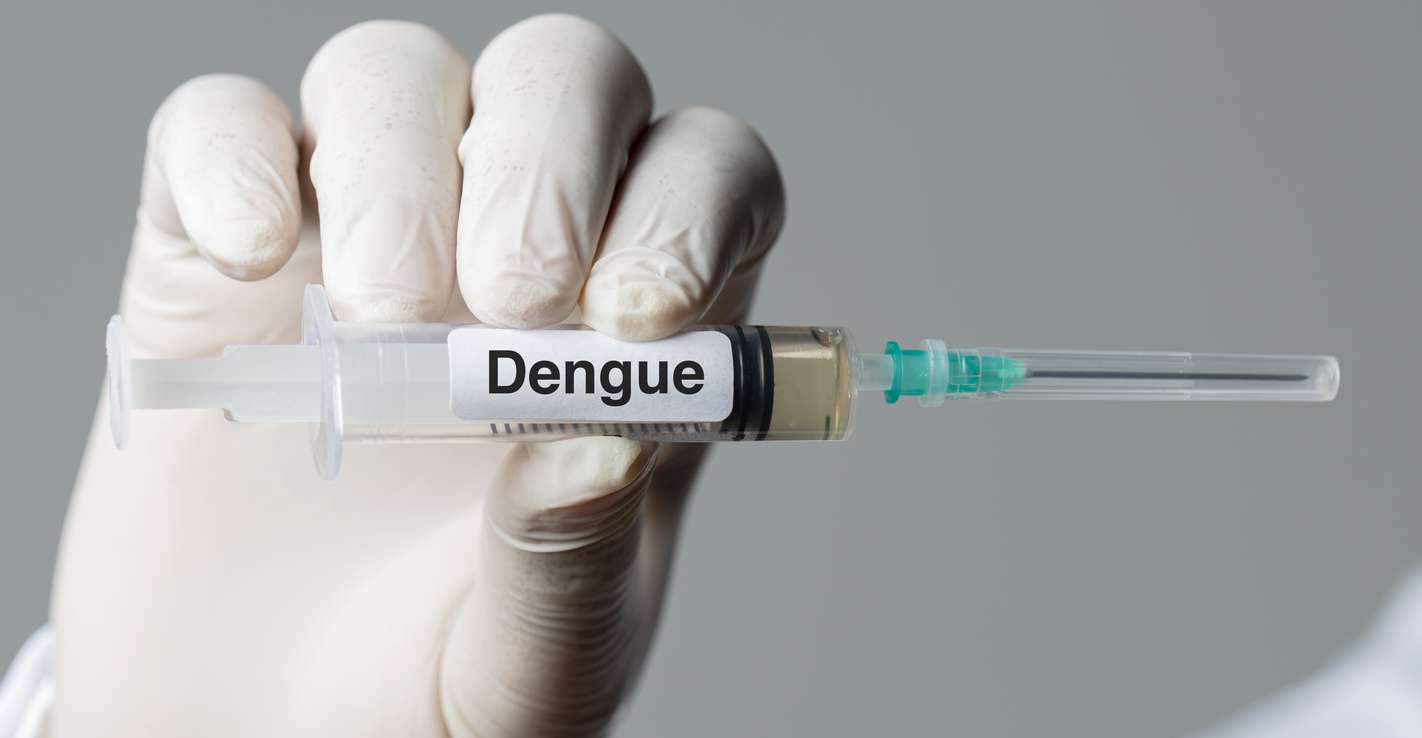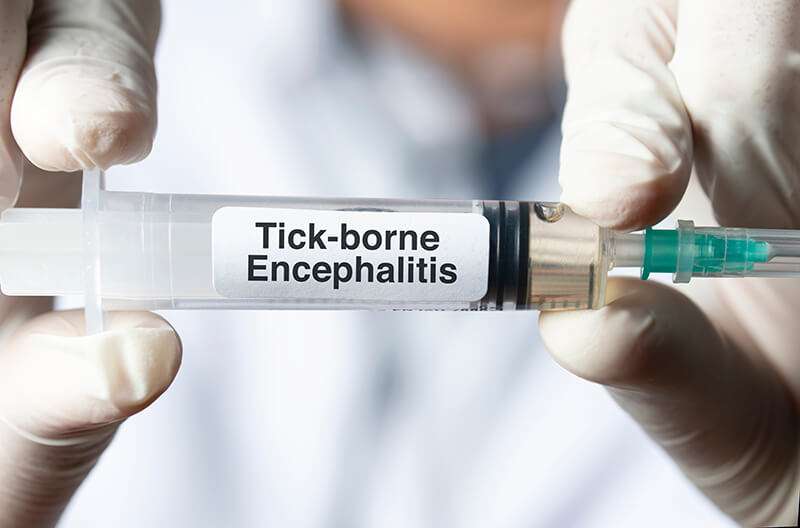Is Southeast Asia losing the battle against dengue?
Governments in Singapore, Malaysia and Indonesia specifically have implemented measures such as bacteria-carrying mosquitoes and community campaigns, to name a few. But are they working? But with cases still on the rise, just how effective are these measures?
WHY IS DENGUE SUCH A CONCERN?
The World Health Organization (WHO) describes dengue as a viral infection caused by the dengue virus (DENV), transmitted to humans through the bite of infected mosquitoes - specifically Aedes mosquitoes.
Dengue is found in tropical and sub-tropical climates worldwide, and mostly in urban and semi-urban areas.
There are four different serotypes of dengue virus (DENV1 to 4) circulating in the world. While many DENV infections are asymptomatic or produce only mild illness, the virus can occasionally cause more severe cases and even death.
In recent years, dengue has made its way to places that have never had it, including France, Italy and Chad. Late last year, two people in the Southern California region came down with dengue fever without travelling outside the United States, where the mosquito-borne illness is rare.
South American nation Brazil has been in the spotlight as well, after reporting more than a million cases and around 300 deaths in the first two months of the year. Several states have declared a state of emergency.
Southeast Asia, meanwhile, has long been a victim of dengue.
In February, with dengue cases steadily spiking over the weeks, Singapore’s National Environment Agency (NEA) urged "immediate action" to suppress Aedes mosquito numbers.
An overall upward trajectory can be traced back to 2018. Then, Singapore reported over 3,000 cases - an almost 20 per cent increase from 2017, when infections had fallen to a record 16-year low.
Cases continued to climb to nearly 16,000 in 2019, before skyrocketing to a record of over 35,000 and 32 deaths in 2020.
An overall upward trajectory can be traced back to 2018. Then, Singapore reported over 3,000 cases - an almost 20 per cent increase from 2017, when infections had fallen to a record 16-year low.
Cases continued to climb to nearly 16,000 in 2019, before skyrocketing to a record of over 35,000 and 32 deaths in 2020.
A significant drop to over 5,000 cases was recorded in 2021, with NEA saying at the time that this was likely due to temporary immunity from the large outbreak of the previous two years.
But the total number of cases shot up again to more than 32,000 in 2022. There were also 19 deaths reported.
Last year, based on quarterly data, there were 9,950 cases and six deaths in total.
Singapore's cumulative number of dengue cases for 2024 already stands at 4,817, for the week ending on Mar 23.
There were a total of 100 dengue-related deaths last year, also nearly double the 56 in 2022.
As of March 16, Malaysia has seen 38,524 dengue cases and 24 deaths.
Over in Indonesia, there were nearly 18,000 cases in January alone - up from about 12,500 in Jan 2023.
The country has recorded more than 21,000 cases and at least 191 deaths as of early-March. In its most populous province of West Java, the Cianjur regency was placed on alert earlier this month, with local government officials warning of an emergency status if cases don't come down.
Dengvaxia and Qdenga are not registered in Australia.
HL Pharma is a specialist supplier of medicines from overseas. Please contact us for assistance and information.
HL Pharma




